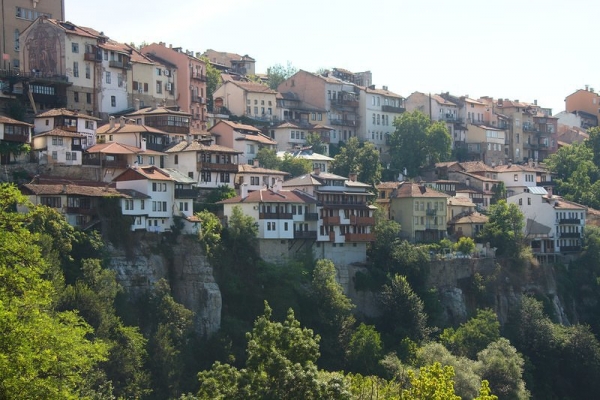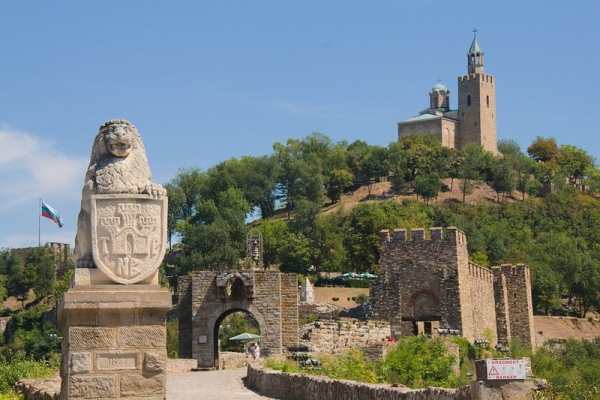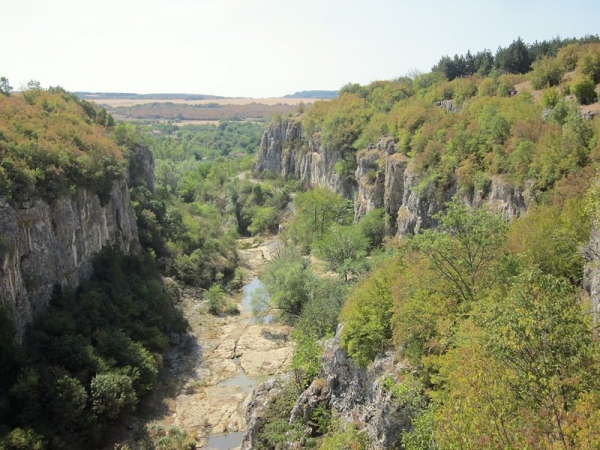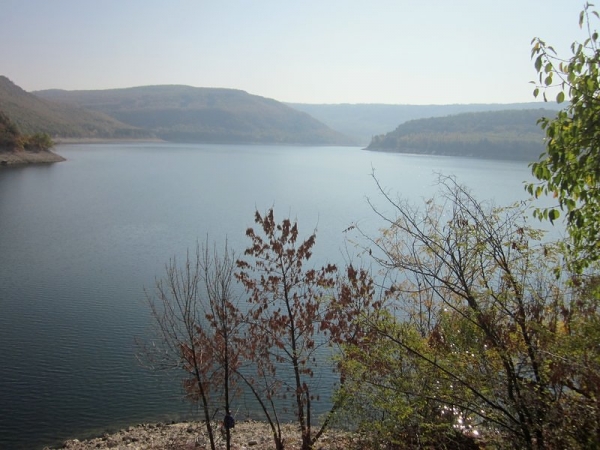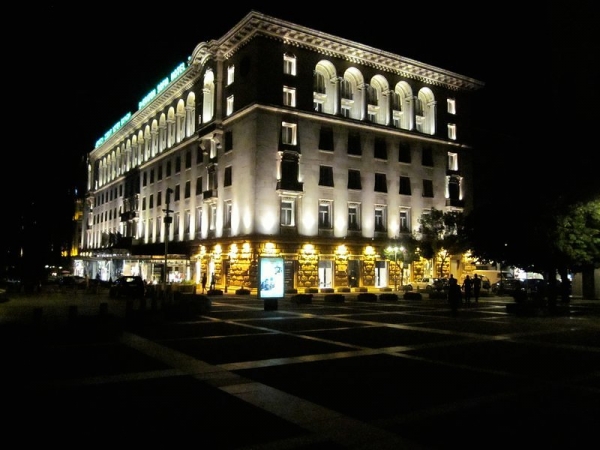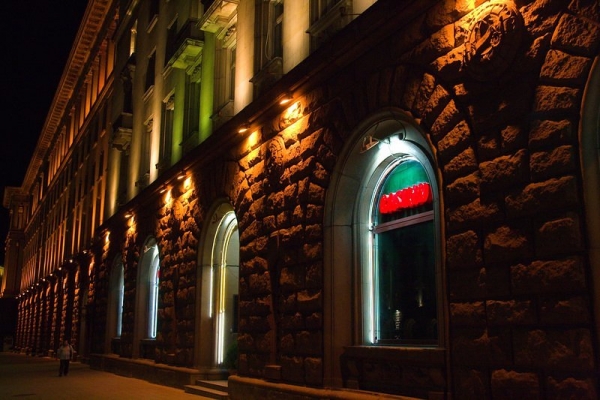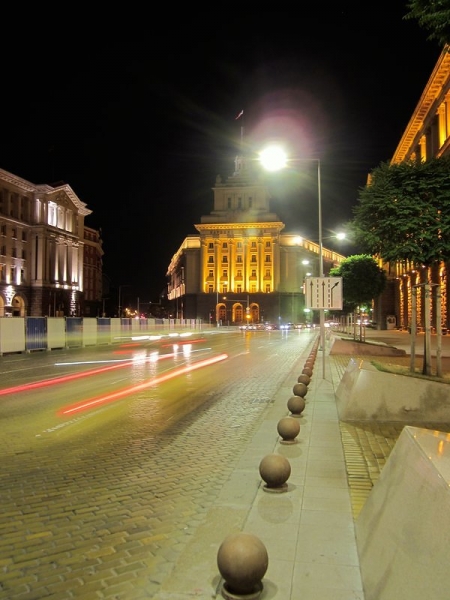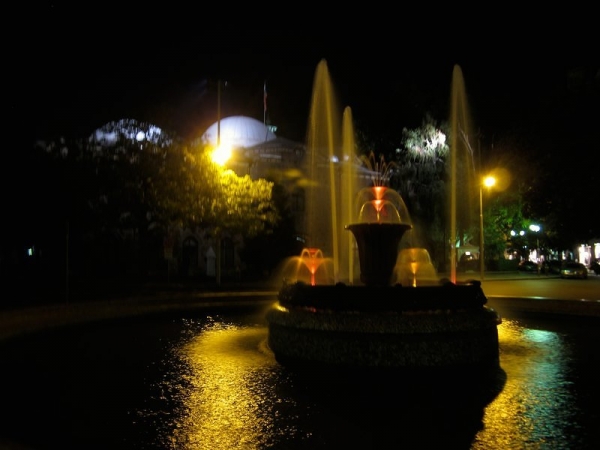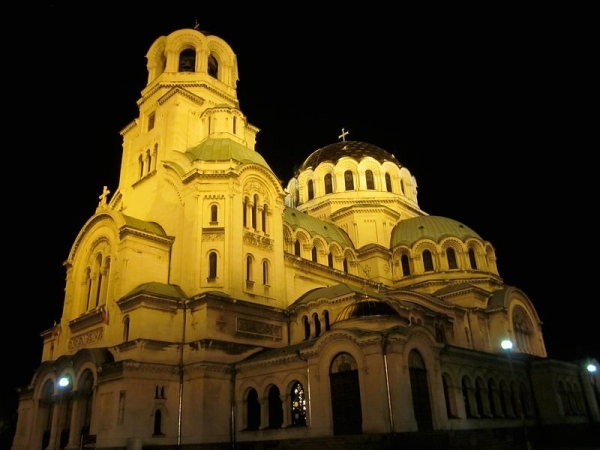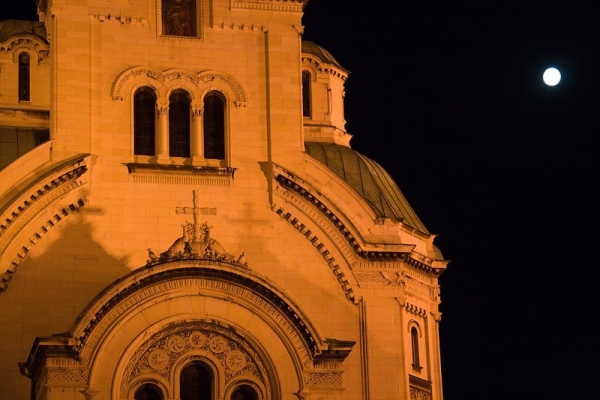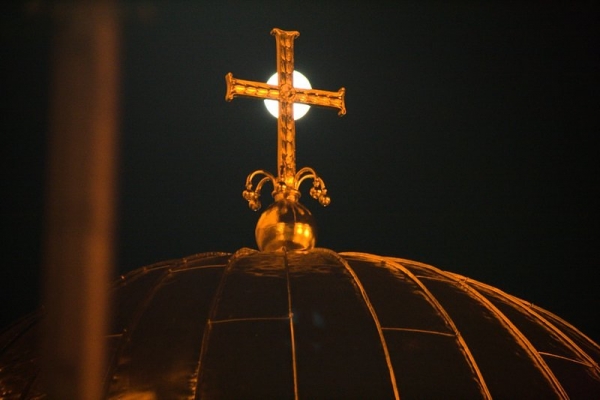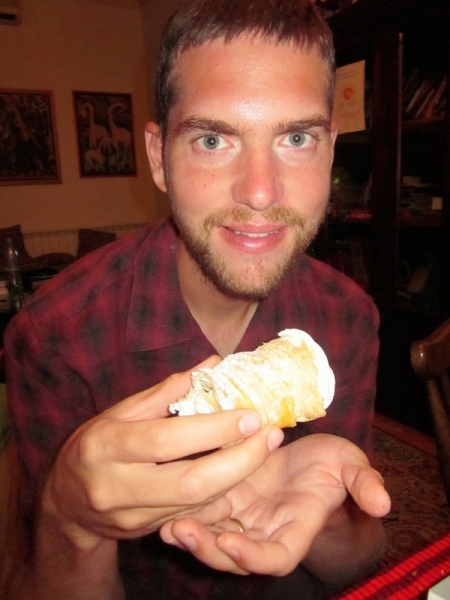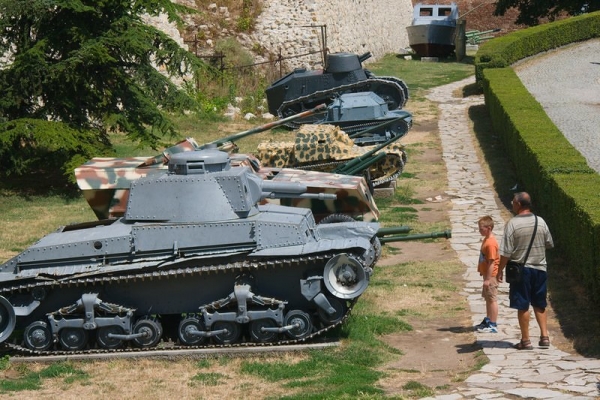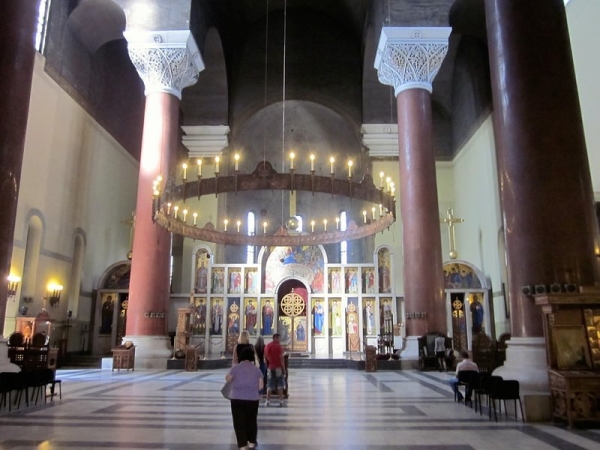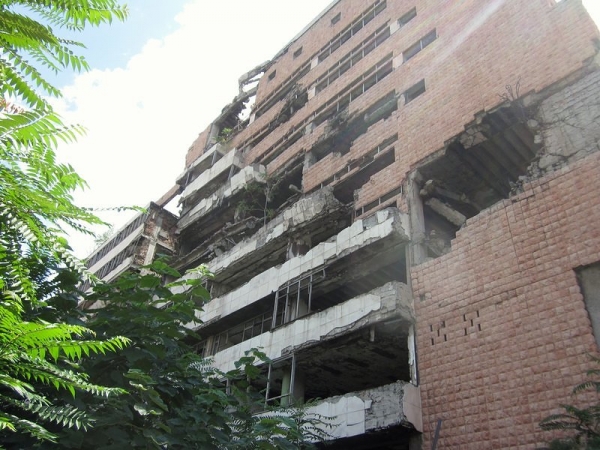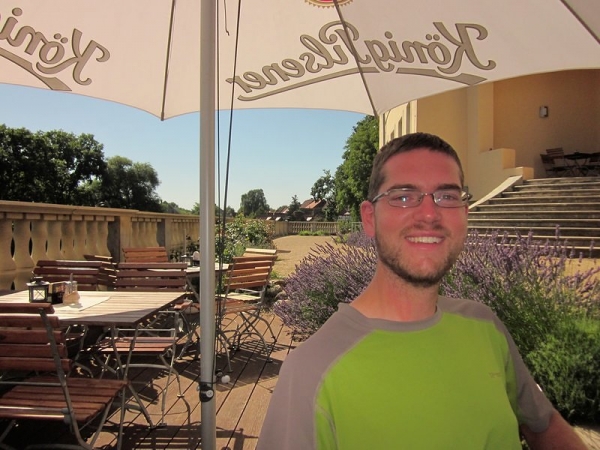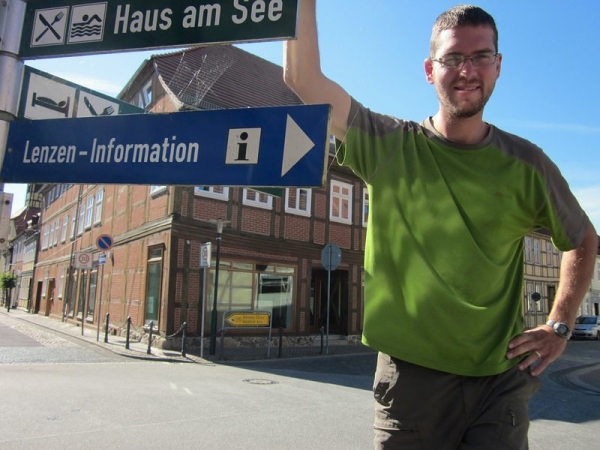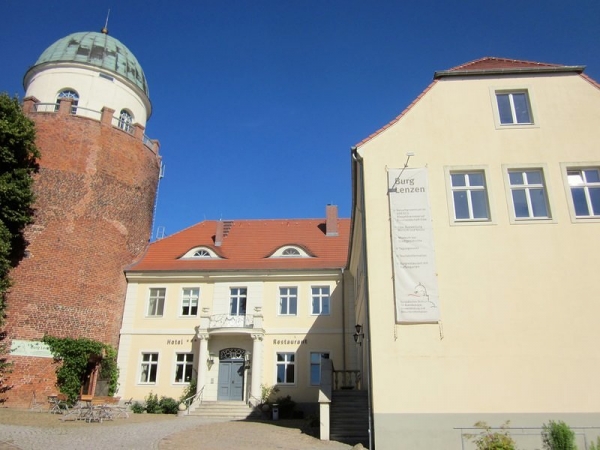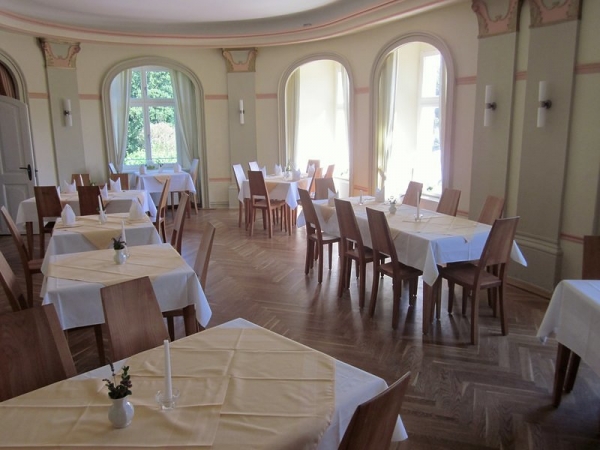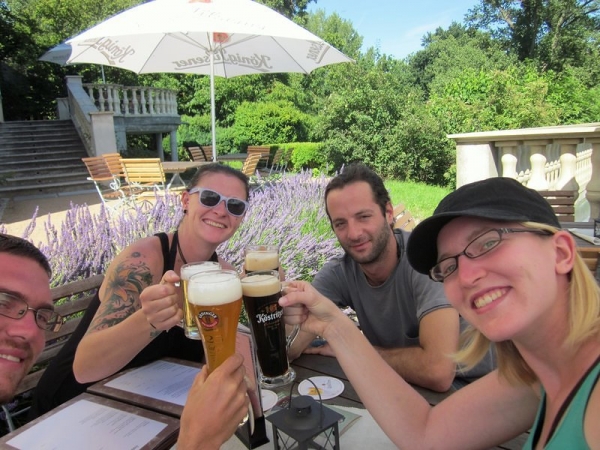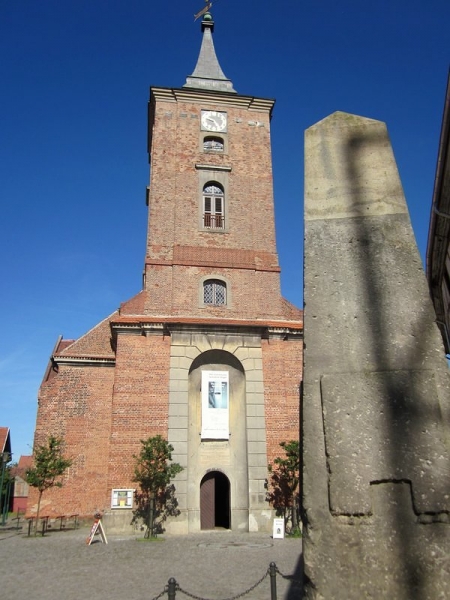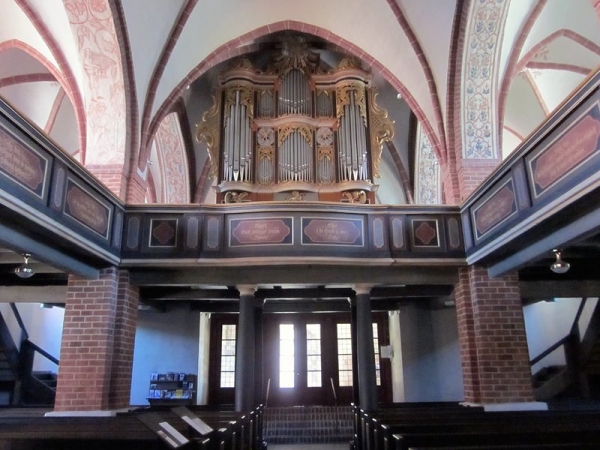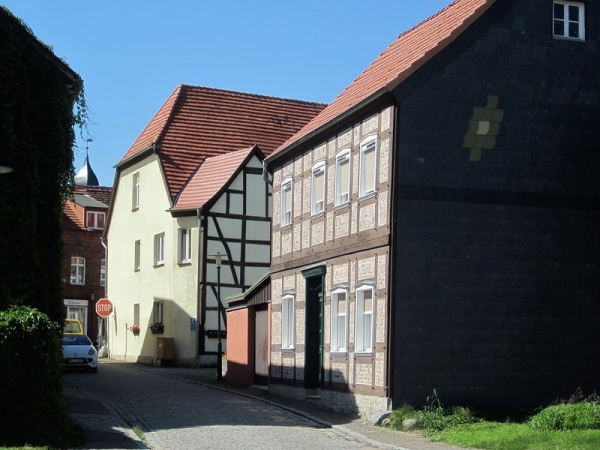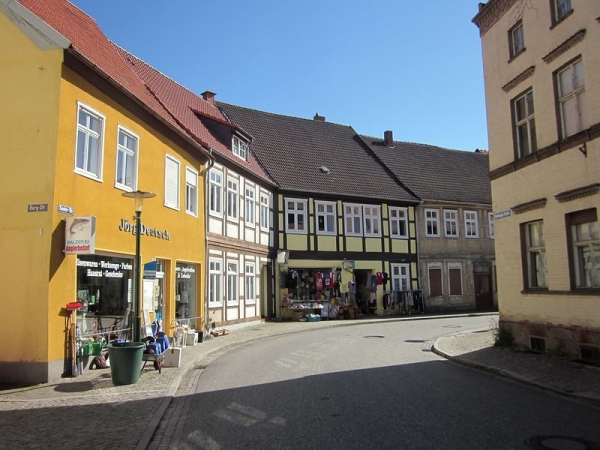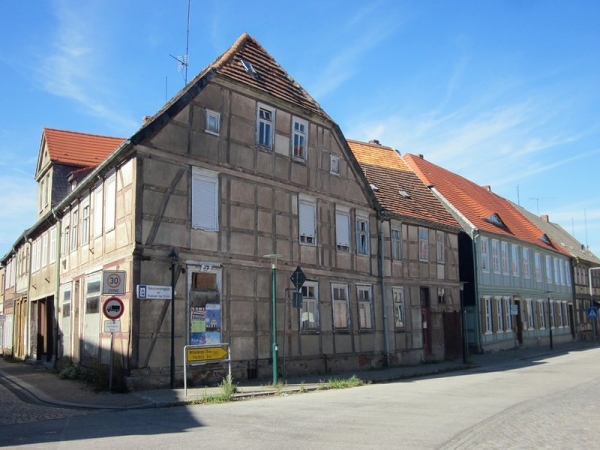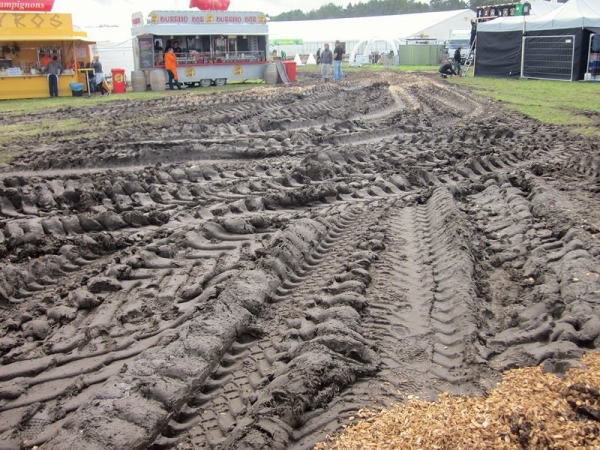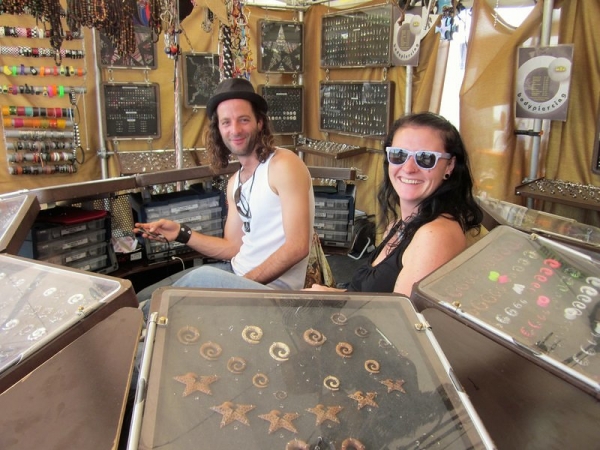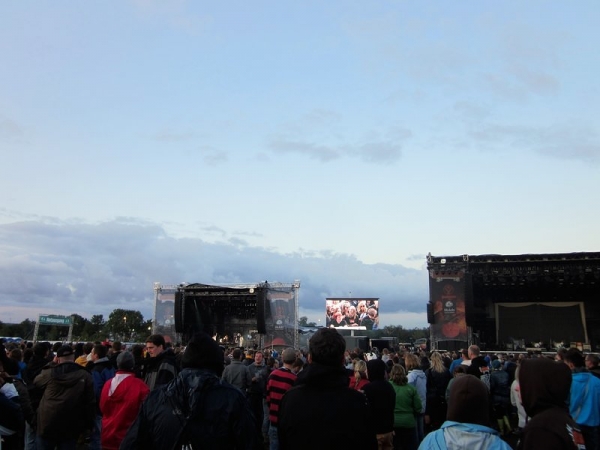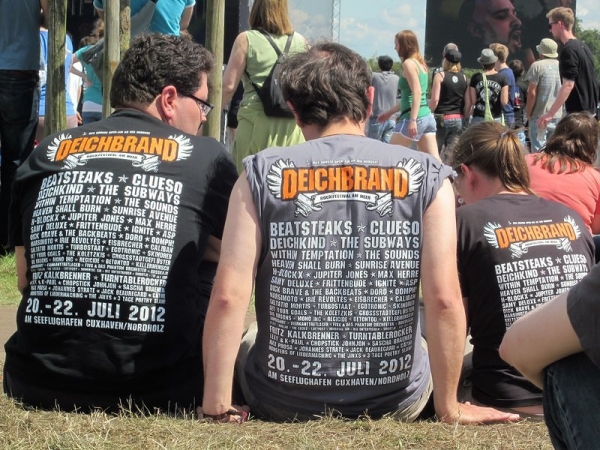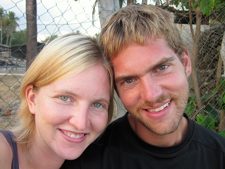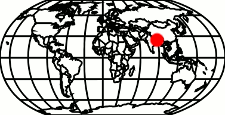As you’ve no doubt heard, we purchased a house in Central Bulgaria. This does not signal the end of our travels. In fact, we’ve already left Bulgaria and are currently exploring the countryside of Turkey.
Now it’s all well and good for us to tell you that we bought a house, let you know how much it cost, gave some insights into Bulgaria’s bureaucracy, and showed you some pictures of our new pad. But I think it’s also important to explain why we want to live in Bulgaria.
Yes, you read that right. We want to live in Bulgaria. Contrary to popular belief, we do not make a habit of buying houses as a souvenir in every country we visit. Bulgaria is special. It’s a place we want to live, and that’s why we bought a house there.
All dollar amounts quoted in this post are $CAD, which at the time of this writing are approximately equal to $USD.
Bulgaria is Beautiful
Maybe I should rephrase the title of this section to something like “The Small Bit of Bulgaria We Actually Saw is Beautiful”. The truth is that despite living in Bulgaria for three months, we hardly travelled around at all. Bulgaria has a beautiful Black Sea Coast, mountains to ski and hike, and plenty of history on display in the form of monasteries and Roman ruins. But we didn’t see any of that stuff. I guess we decided to save it for another trip. The bits we saw are all nearby our own village, and we thought they were beautiful.
Veliko Tarnovo – River Residences
Veliko Tarnovo – Tsarevets Fortress
Emen – Canyon
Gorsko Kosovo Reservoir – A great place to swim and fish on hot days.
Bulgaria is Centrally Located
If you look on a map, you’ll see that Bulgaria borders Romania, Turkey, Greece, Macedonia, and Serbia. All places we want to see. Still within range of a night train/bus, you find Italy, Austria, Croatia, Slovania, Slovakia, Hungary, Moldova, and the Ukraine. Wow.
Bulgaria is Connected
Even the small villages, like ours, have high speed internet access. So communication is no problem. But that’s not what I was getting at. What I find amazing is the fact that you can cheaply get everywhere by bus/train. Our small village, for example, has a daily bus to and from the closest major centre, Pavlikeni. There we can do all of our shopping, or catch a bus/train to somewhere more exotic, like Turkey. And get this, the bus to Pavlikeni costs less than driving at only $2 each way.
Village Life is a Mix of City and Farm. As it Should Be.
City Life
- You have neighbours to talk to.
- There is a local store for your daily shopping needs.
- A cafe & bar for those days you don’t feel like cooking.
- Your streets will get plowed in the winter.
- You have running water that you can drink from the tap.
- And, of course, electricity.
Rural Life
- You can buy fresh unpasteurized milk.
- You can raise your own egg laying chickens (which, FYI, you can’t do within a village in small town Saskatchewan)
- If you like, you can have goats, cows, horses, and sheep. You keep them in your yard at night, then send them out to public pasture with a local shepherd during the day. No need to buy your own pasture land.
- You can grow your own cherries, grapes, peaches, apples, pears, walnuts, hazelnuts, blackberries, vegetables of all kinds, and much more. Anything you plant in this country has a habit of growing.
- You get a big yard and privacy.
The Weather is Pretty Good:
The winters are shorter than they are in Canada by about a month on either side. There are heavy snows but there are also warm chinooks. It’s been known to hit positive 20 deg C on New Years Day, and a cold snap will only get as cold as -25 deg C.
Summers are fantastic (this is the only season we’ve personally experienced); Dry, not much for wind, temperatures between 30 and 40 deg C. I can’t imagine a better summer climate anywhere.
You Can Afford to Have a Drink
The beer is priced at a reasonable $0.70 for a 1L bottle. And it tastes not too bad. Wine is a bit more. A local vintage can be obtained 3L for $5. Better still, they’ve legalize distilling your own alcohol. And, since everyone grows their own grapes, there is a glut of hooch (officially called rakia). It’s tasty, and given away for free by nearly everyone. We’ll be making our own when we have a chance.
Actually, It’s Affordable All Around
We’ve already mentioned how much a house and land costs. If you missed it, you can catch up here. But it’s not just the housing and the booze. Food is also cheap, even if you are not growing it yourselves. Tomatoes, zucchini, eggplant, and fruit generally run $1 per kg or less while in season. Cheese is plentiful at about $3 per kg, and bread is about $0.50 per loaf. Property taxes are almost negligible (less than $100 per year), and water is less than $10 per month (depending on how much you use).
Of course some things are still expensive. For example, gasoline for your car is quite pricey, electricity is expensive, and wood for winter heating will still run you about $1,000 per year depending on how much heat you need. But these “expensive” items are priced comparably to everywhere else in the world. They are just expensive compared to how cheap everything else is.
So Why Aren’t We Living in Bulgaria Now if it is so Great?
A couple of reasons. First, we are not done travelling. Not by a long shot. Second, despite the low costs, we still need to figure out a way to generate an income before we can move to Bulgaria full-time. The country has a very high unemployment rate, and a very low average hourly wage. To make matters worse, neither of us speak Bulgarian, a fact that will severely limit our employment prospects until we can learn the language.
Although we’ve been quite successful thus far, it’s only possible to live on dreams and rainbows for so long. So until we work out how we are going to generate enough income to move full-time to Bulgaria, we won’t be living there full time.
What’s the Plan Then?
Like so many things, we just don’t know. Our first plan, is to eventually return to Canada and get jobs. We’ll work and save until we feel that we have enough money to make a go of it, then move to Bulgaria. It’s boring and old-fashioned, but there’s a proven track record of success. While we are saving up, we’ll visit our house when we can and do as much work on it as we can with the holiday time we are allotted.
Another option would be to relocate to Bulgaria and try to pick up seasonal winter work elsewhere. For example, we may try to spend our summers in Bulgaria enjoying our organic food, and low costs. When winter strikes, we’ll set off for a warmer country and work in the dive industry. It’ll mean another investment in courses to become instructors, but could be a enjoyable/sustainable way of making Bulgaria work now.
We’ve talked about working for a year teaching English in Japan or S.Korea. The idea being that we could save up enough money to live in Bulgaria for a couple of years before needing to undertake another year-long teaching gig. It has promise, but we are not sure if we’ll enjoy teaching English or not.
Finally, we could try to work in Bulgaria. It’s possible that Ashley could get a job as a teacher at an English school. But it probably wouldn’t be within commuting range of our home. I could try to earn an income online programming, or translating from Spanish into English, but that’s not fun either. Along the same lines, we could use our company to undertake some sort of business in Bulgaria. The big problem being that we’d be earning a Bulgarian wage. That would get us by, but we wouldn’t be able to save up for future travel. And it’s not just sightseeing that we would miss out on, we’d also be away from our friends and family back home without sufficient incomes to buy tickets to go back to Canada and visit. That would be hard.
So for now, and until further notice, the matter of fitting our Bulgarian house into our lives permanently remains unsettled. But we both really, really want to make it work.
